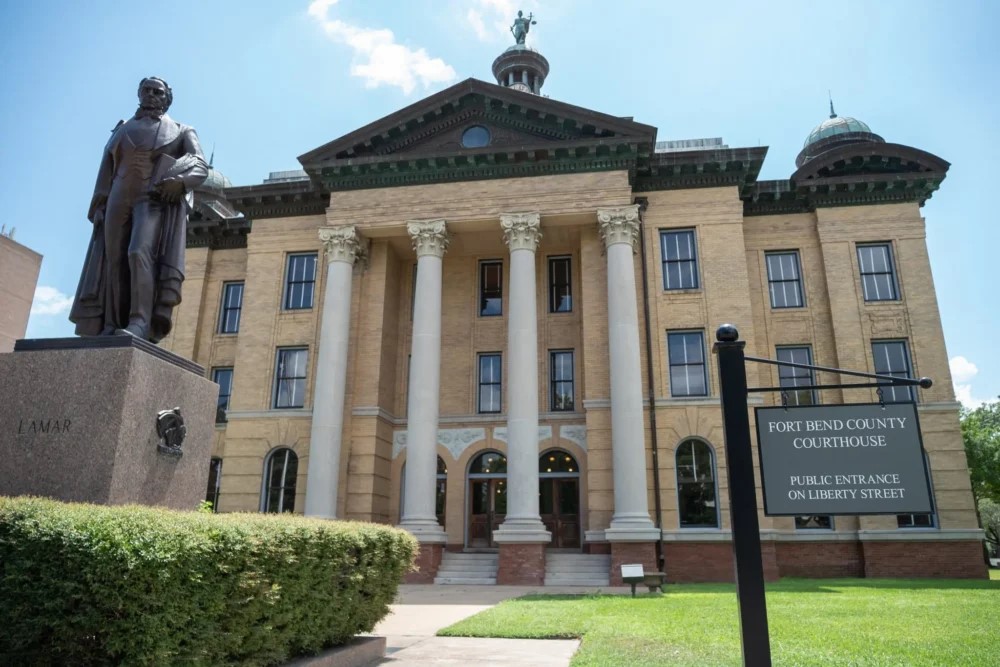
Lucio Vasquez/Houston Public Media
Healthcare costs were among the biggest barriers to services in Fort Bend, a recent survey found.
Access to mental health services and prenatal care are among the top barriers facing Fort Bend County residents.
That’s according to a recent study conducted by Rice University’s Kinder Institute for Urban Research and the UTHealth Houston School of Public Health in partnership with the county southwest of Houston.
Researchers surveyed a random sample of about 3,500 residents, weighting their responses to reflect the county’s demographics.
“What we have now really helps us to establish a really solid baseline going forward,” said Dr. Letosha Gale-Lowe, the director of Fort Bend County Health and Human Services.
According to the study, about half of the survey respondents said they needed mental health care in the past year.
Black and Hispanic residents as well as adults ages 18-29 reported more days when they rated their mental health as “not good.”
Stephen Linder, a professor and director of the Institute for Health Policy at the UTHealth Houston School of Public Health, was one of the study’s lead researchers and said the survey found that many residents were unable to access mental health care, despite a widespread need.
“We found that less than half of those who had need for mental health services could access the services when needed,” Linder said. “So it was clear that there was a barrier for some in the population who had mental health needs to be able to access those services.”
Researchers also found that residents face barriers to accessing prenatal care. About 46% of residents who said they needed prenatal care were always able to access it. More than a third of survey respondents said they were never able to access the prenatal care they needed.
“The biggest barriers to those who weren’t always able to access care were cost and that their insurance, if they had insurance, wouldn’t cover the procedures that they thought they needed,” Linder said.
While the survey found that about 88% of Fort Bend County residents are insured, some groups were less likely to have health insurance. About 23% of Hispanic respondents did not have insurance and roughly 22% of young adults also reported that they were uninsured.
Dan Potter, the director of the Houston Population Research Center at the Kinder Institute, was another one of the study’s lead researchers. He said when uninsured residents become sick or are injured, their first thought is often whether they can afford treatment, rather than how they can get immediate medical care.
“That is not a system that works for us,” he said. “That’s a system that’s profiting off of us.”
Gale-Lowe, the county’s health and human services director, said the study found that cost is the biggest barrier to healthcare for the county’s residents.
“Forty-one percent of the respondents in this study said that health insurance was too expensive and they couldn’t afford out-of-pocket costs, not just for health insurance, but for healthcare in general,” she said.
Potter, of the Kinder Institute, said the survey is a good start for assessing the county’s health landscape, but that different communities within the area will have different needs.
“Because of the diversity that exists there, in the people and the places that they are living, it’s very unlikely that there’s a ‘one size fits all’ type solution,” he said.